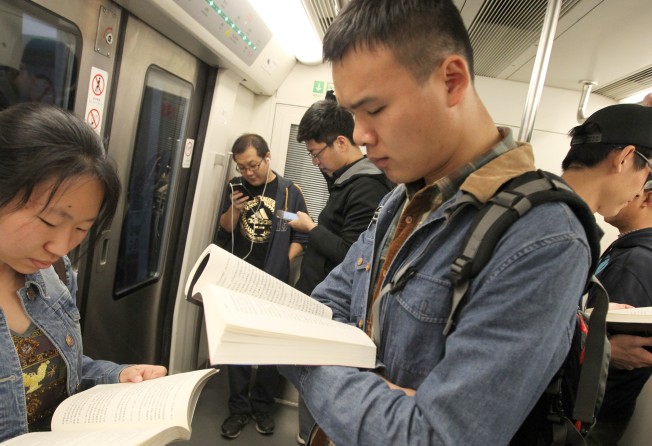Soft power is about influence not control
Despite its efforts over the past decades, China lags behind in an index tracking soft power and this has much to do with its misunderstanding of how to win over hearts and minds

Projecting soft power is not a soft sell, if China’s position in annual global rankings of influence is anything to go by. No country could have done more on a broad canvas in a short time to try to promote its global influence. Yet it languishes in 25th spot among leading nations in the soft power 30 index jointly compiled by a London-based corporate PR adviser and the University of Southern California public diplomacy centre. This is three places better than last year, and five places up from 30 in 2015. At the same time, the United States has slid from first to third place, behind France and Britain – despite Brexit doomsaying – but ahead of Germany. The index measures the influence of 61 nations using data on governance, culture, education, global engagement, enterprise and digital, plus polling in 25 countries.
There are two ways of looking at the latest modest improvement. One is that incrementally, it appears to confirm speculation that US President Donald Trump’s America-first policies could give China room to grow its global influence. Indeed, according to analyst and lead author Jonathan McClory, the index reflects the shifting dynamic between the US and China, with the traditional role of US world leadership in retreat and China stepping in to drive the global agenda. Examples are Trump’s isolationist stance on trade and climate, while China has pushed on with the “Belt and Road Initiative” and won praise for efforts to combat climate change.
The other way of looking at it is to identify factors that account for China not ranking higher, and lowest among Asian countries, led by Japan in sixth place. The human rights issue and censorship come readily to mind, with another index author, former British Council head Martin Davidson, noting that China’s projection of soft power challenged the concept of universal human rights in favour of socialist values including equality, development and harmony.
Beijing may have good reasons for tightening control from time to time in the interests of social stability, but it needs to be mindful of how this can backfire on the projection of soft power. This is about persuading and influencing people, not about control, which undermines credibility in trying to spread influence.